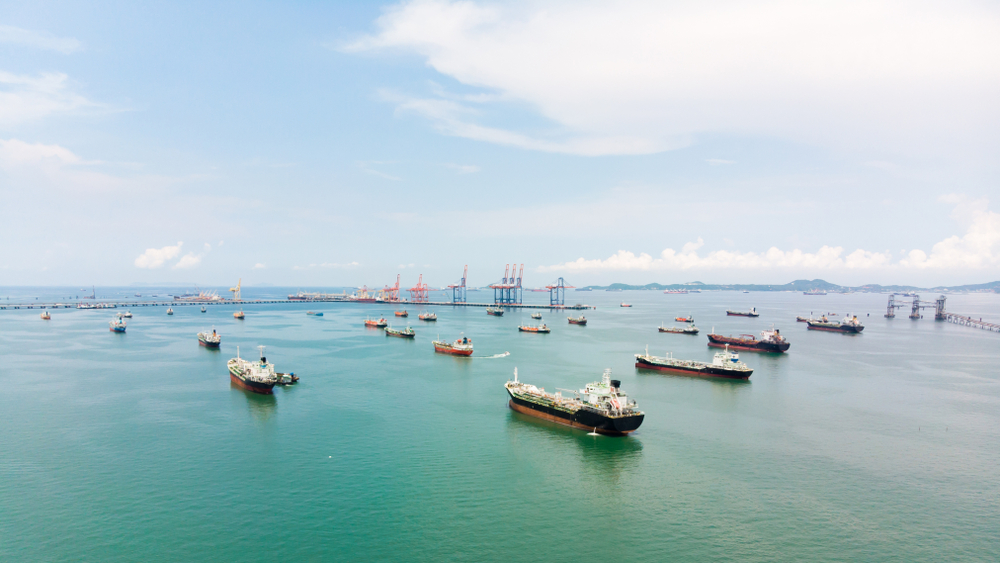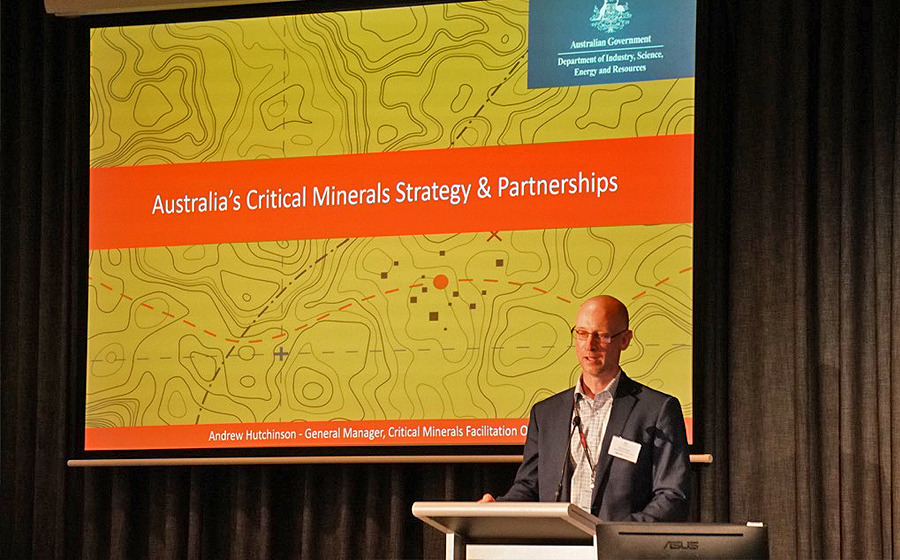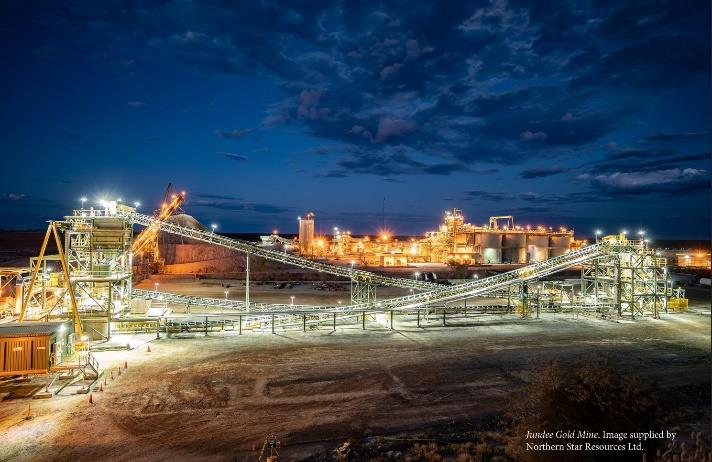
A group of the world’s largest energy, agriculture, mining and commodity trading companies will, for the first time, assess and disclose the climate alignment of their shipping activities.
United Nations agencies estimate the international shipping industry carries around 80 per cent of world trade flows and is responsible for 2-3 per cent of global greenhouse gas (GHG) emissions annually.
Large industrial corporations are significant users of international shipping services. The shipping of crude oil, coal, iron ore, grain and other bulk commodities used worldwide make up over 80 per cent of global seaborne trade.
The Sea Cargo Charter (SCC) is a global framework that allows for the integration of climate considerations into chartering decisions to favour climate-aligned maritime transport.
The SCC establishes a common baseline to quantitatively assess and disclose whether shipping activities are aligned with adopted climate goals. It is consistent with the policies and ambitions adopted by member states of the International Maritime Organisation (IMO), a specialised agency of the United Nations responsible for regulating shipping.
This includes its ambition for GHG emissions from international shipping to peak as soon as possible and to reduce shipping’s total annual GHG emissions by at least 50 per cent of 2008 levels by 2050, with a strong emphasis on zero emissions.
Jan Dieleman, President, Cargill Ocean Transportation and Chair of the Sea Cargo Charter drafting group, said a standard GHG emissions reporting process will simplify some of the complexities often associated with reporting.
“It will encourage a more transparent and consistent approach to tracking emissions, which will be a critical part of making shipping more sustainable,” he said.
Luc Gillet, Senior Vice President Shipping, Total Trading and Shipping said the energy company shares the ambition to get to net-zero emissions by 2050, together with society, for its global operations.
“As a broad energy company, we are actively working on improving the environmental footprint of the maritime industry. By becoming today a founding member of the Sea Cargo Charter, we reaffirm our support to this key sector. This pioneering initiative will provide a transparent standard emissions reporting approach and will pave the way for a sustainable shipping industry,” Gillet said.
The 17 Founding Signatories of the SCC include Anglo American, ADM, Bunge, Cargill Ocean Transportation, COFCO International, Dow, Equinor, Gunvor Group, Klaveness Combination Carriers, Louis Dreyfus Company, Norden, Occidental, Shell, Torvald Klaveness, Total, Trafigura, and Ørsted. All other responsible shippers are invited to join the initiative.
Johannah Christensen, Managing Director, Head of Projects and Programmes at international non-profit, Global Maritime Forum commented: “The Sea Cargo Charter enables leaders from diverse industry sectors to use their influence to drive change and promote shipping’s green transition by choosing maritime transport that is aligned with agreed climate targets over that which is not.”
The SCC is intended to evolve over time as the IMO adjusts its policies and regulations and when further adverse environmental and social impacts are identified for inclusion. It also aims to support other initiatives developed to address climate, environment, and social risks in shipping, such as the Poseidon Principles.
The development of the SCC has been led by global shippers – Anglo American, Cargill Ocean Transportation, Dow, Norden, Total, Trafigura – and leading industry players – Euronav, Gorrissen Federspiel, Stena Bulk – with expert support provided by the Global Maritime Forum, Smart Freight Centre, University College London Energy Institute/UMAS, and Stephenson Harwood.












